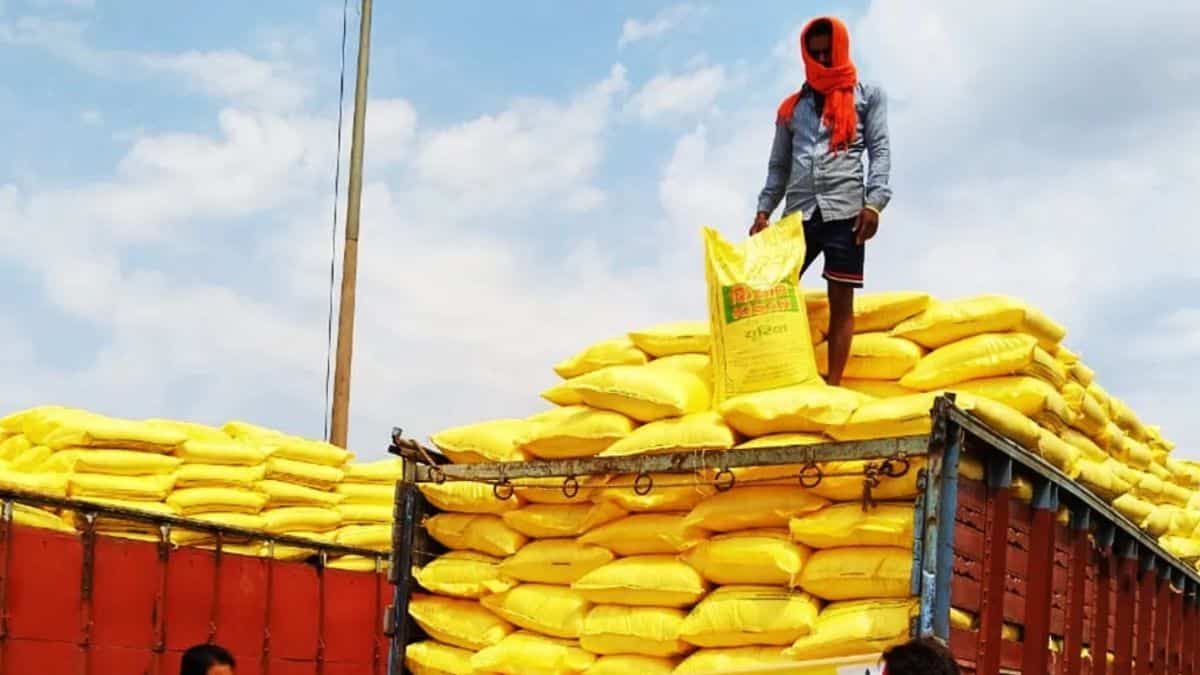Centre notes drastic decline in saffron production in J-K

NEW DELHI — The Centre on Tuesday said that the production of saffron has declined by over 67 per cent from 2010 to 2024, however, the production has increased marginally by 4 per cent in the last year.
Replying to a question raised by National Conference MP Hasnain Masoodi in the Lok Sabha, Union Minister for Agriculture and Farmers Welfare, Arjun Munda, as per the news agency KNS, said that as per the estimates provided by the Office of Financial Commissioner (Revenue), UT of Jammu & Kashmir, the production of saffron in Jammu and Kashmir has decreased from 8.0 MT in 2010-11 to 2.6 MT in 2023-24 (provisional), resulting in an overall decline in production by about 67.5% over the period.
"However, during the last one year from 2022-23 to 2023-24, the saffron production has marginally increased by 4%," he said.
He also said that as per the information received from the Planning and Agriculture Production Department of J&K, out of the 128 deep bore wells sanctioned under the Mission, 123 have been constructed by the Horticulture Department and handed over to the Mechanical Engineering Department, Kashmir for their harnessing and further linkage with the Sprinkler Irrigation Systems.
"The Mechanical Engineering Department, Kashmir has successfully connected 73 deep bore wells with the Sprinkler Irrigation Systems having a command of 2187.08 hectares. However, the irrigation facilities are not being utilized fully as the User Groups for management and upkeep of these bore wells have not been created as per the Mission Guidelines and have not been handed over to the farmer user groups," he added.
The minister also said that as per the information received from the Planning, Agriculture Production Department of J&K, there has been no report of adverse effects on saffron flowers due to factors such as cement dust from any industrial establishments.
"The Agriculture Production Department along with the revenue authorities, UT of J&K are implementing the Saffron Act, saffron rules and other revenue laws which safeguard the saffron land from being diverted for any other purposes," he added.
He further said that no high-level committee has been constituted by the Government of India to look into the declining condition of saffron production.
"However, the Department of Agriculture & Farmers Welfare, Government of India has requested the UT Administration to conduct a detailed review of all the activities taken up under the National Saffron Mission in J&K to ensure the effective utilization of infrastructure and facilities created under the National Saffron Mission for the overall development of saffron sector in Jammu & Kashmir," he stated.
This post first appeared on The Kashmir Pulse






